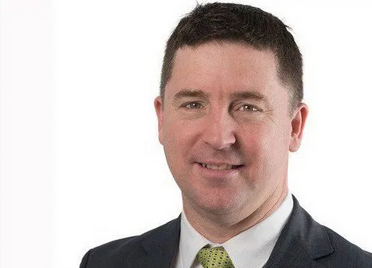Voluntary Assisted Dying review – Victoria
Key Religious Freedom Concern
A significant amendment in the Voluntary Assisted Dying Amendment (Equity and Access) Bill 2024 proposes removing a health practitioner’s right to conscientiously object to providing information about voluntary assisted dying (VAD).
Section 5 of the bill would repeal Section 7(a) of the Voluntary Assisted Dying Act 2017, which currently allows registered health practitioners to refuse to provide information on VAD if they have a conscientious objection.
Current Law (Section 7):
A registered health practitioner who has a conscientious objection to voluntary assisted dying has the right to refuse to do any of the following—
(a) to provide information about voluntary assisted dying
(b) to participate in the request and assessment process
(c) to apply for a voluntary assisted dying permit
(d) to supply, prescribe or administer a voluntary assisted dying substance
(e) to be present at the time of administration of a voluntary assisted dying substance
(f) to dispense a prescription for a voluntary assisted dying substance
The repeal of 7(a) would mean that doctors, nurses, and other health professionals could no longer decline to provide information about VAD, even if doing so violated their religious or moral convictions.
Other Contentious Changes
The bill also proposes allowing practitioners to initiate conversations about VAD, even if a patient has not raised the issue.
Access to and administration of VAD drugs would be expanded to non-physicians, including nurses, pharmacists, social workers, and psychologists.
Background
Victoria was the first Australian state to legalise voluntary assisted dying. In July 2023, the Andrews Government announced a five-year review of the law. At the time, Health Minister Mary-Anne Thomas stated that the review would not lead to legislative changes.
However, the October 2024 review report found that “a third of interviews with family members and a tenth of written submissions from people seeking VAD described their experience of access barriers due to obstruction from organisations and individual practitioners. This was often, but not always, related to religious beliefs and organisational policies.”
The report also noted: “The policy position of some medical and health peak bodies, religious and aged care health settings may prevent/dissuade support for VAD.”
Who Introduced the Bill?
The amendment bill was introduced by Greens MLC Sarah Mansfield, who said the current Act gave undue priority to religious conscience protections over patients’ rights to receive lawful medical information. She told Parliament: “Where conscientious objection provisions exist across other aspects of legislated health services, it has been acknowledged that one’s right to object based on religion or conscience should not act to obstruct another’s right to access legitimate healthcare information.”
She added: “If freedom of choice and autonomy at the end of one’s life is to be upheld, we must strike the right balance in this regard.”
Ms Mansfield has also indicated that the next three-year review of the Act could consider allowing VAD access for minors.
What’s the Status of the Greens Bill?
The bill was adjourned after a second reading in the Legislative Council and referred to committee. It is due to be reintroduced in Parliament in the coming months.
What does the Victorian Government plan?
Although the scope of the Five Year Review did not include reviewing the Act itself, it found that many stakeholders expressed that some elements of the Act were resulting in unintended consequences, creating barriers to equitable access and uptake of VAD
The Victorian Government intends to respond to this feedback by amending the Act to bring Victoria’s legislation “more in line with other Australian jurisdictions”.
The following amendments are under consideration:
- Allow registered health practitioners to initiate discussions about VAD, within broader end of life discussions
- Require registered health practitioners who conscientiously object to provide minimum information
Freedom for Faith’s real concern, and that of like-minded Christian groups advocating for religious freedom, is that the requirement for health practitioners to provide minimum information, despite conscientious objection, could be the first step to abolish other parts of Section 7 of the existing act.

